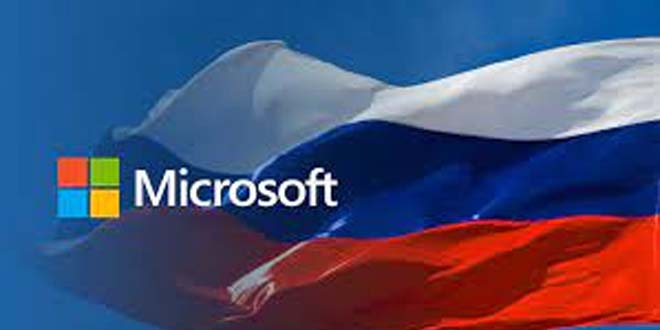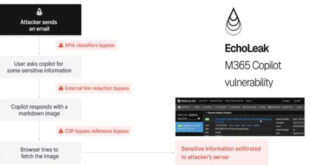Microsoft to restrict access to 50 of its cloud products in Russia, as reported by the Russian company Softline. The restrictions will also affect local software, with the deactivation of license keys.
Russian media TASS reported the list primarily includes corporate applications such as those for business management, accounting, automation, business analysis, project management, IT environment management, collaboration, SMEs, service monitoring, employee management, enterprise resource planning, and endpoint and digital identity management.
The list includes apps for development like Power Apps, Power Virtual Agent, InfoPath, Expression Studio, Xamarin, and Office Visio. Access to Visual Studio, Visual C++, and Visual Studio Code will be restricted.
Microsoft will block access to several services, including Excel, Microsoft 365, Microsoft Teams, OneDrive, and various Azure cloud services. This will also affect the Publisher publishing system and software related to databases like Access DBMS, SQL Server, and Microsoft Data Access Components.
The corporation will limit Russians’ access to several software products that are blocked in Russia. These include LinkedIn Sales Navigator, Windows Media Player software development kit, the AI assistant Copilot (which is no longer available), and the Commerce Server for creating e-commerce systems.
About Microsoft’s actions:
The corporation will suspend access to its cloud products and data in Russia from March 20, but it may postpone this until the end of the month to allow for alternative infrastructure to be set up.
Microsoft is not going to disable specific products. The restrictions are part of the 12th package of EU sanctions against Russia. These sanctions, dated December 19, 2023, specifically limit the supply of software for business analytics and other products to Russia.
Bleeping computer reported “On behalf of Softline Group of Companies, we confirm receipt of official information from Microsoft and Amazon about the suspension of access to cloud products in Russia from March 20, 2024,” says Softline’s machine-translated post.
Softline shared the letter from Microsoft on Telegram, which states that the suspensions are due to EU Council Regulation 2023/2873, enacted last December.
However, no plans to restrict access to individuals were announced, so the mentioned products are assumed to remain available to regular users.
“Microsoft has not responded to the emails requesting information about the suspensions” read bleeping computer report.
 InfoSecBulletin Cybersecurity for mankind
InfoSecBulletin Cybersecurity for mankind














